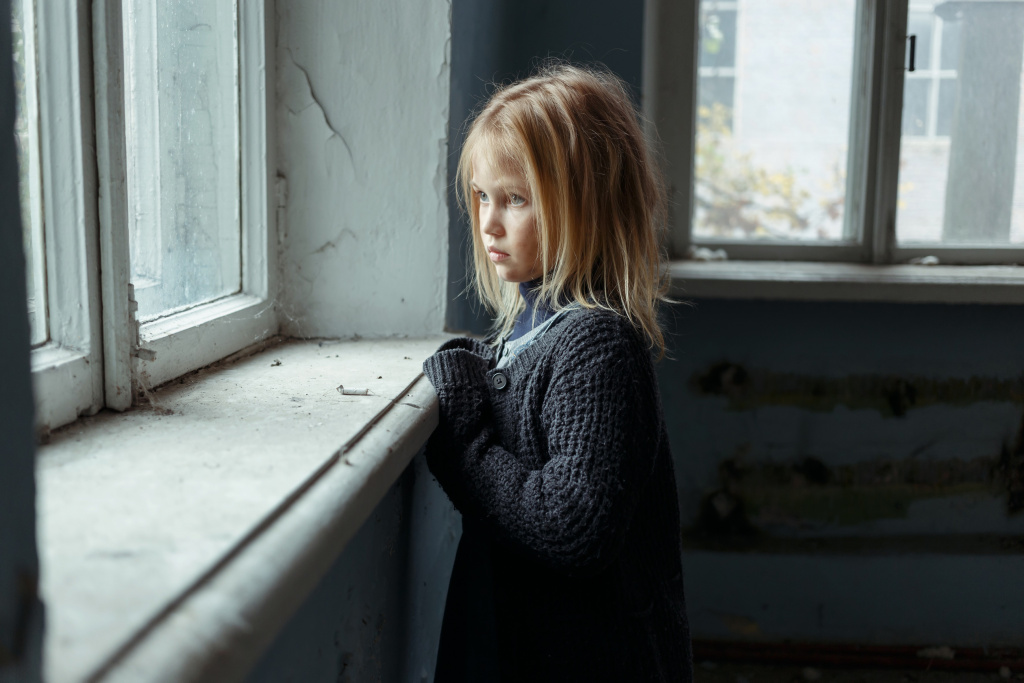
As a member of the Education Select Committee, it has been my privilege to be involved in the Forgotten Children: Alternative Provision and the Scandal of Ever Increasing Exclusions report over the last year.
I came to politics after a career in education, most recently as the headteacher of a primary school. My experience included primary and secondary settings, supporting teacher training courses and managing one of the first Stage One children’s centres in my local authority. Every day working in education drove home to me the importance of politics and policy making. It was a natural step – after a lifetime in the Labour party – to step up to be a representative for my home constituency in 2017. For me, it was the next stage in standing up for those who could not defend themselves. When I was asked to serve on the Education Select Committee, I was delighted to be able to bring thirty years of experience to the role, and to be part of the inquiry into such an important issue.
Alternative provision – defined by the DFE as ‘education arranged by local authorities for pupils who, because of exclusion, illness or other reasons, would not otherwise receive suitable education; education arranged by schools for pupils on a fixed period exclusion; and pupils being directed by schools to off-site provision to improve their behaviour’ – is not simply an issue of the individuals concerned and their families.1
At its core, how we tackle the needs and wishes of our most vulnerable children informs and decides what kind of society we want to be. It is a question of how we include the excluded, how we pull families back from the brink, and how we see children with disabilities, mental health problems, and additional needs as an important part of our world rather than seeing them as a threat to Progress 8 results. The foundations of inclusion, equality and having a truly diverse society which enriches us all, can be laid at this early stage if we as policymakers are brave and compassionate enough to do so.
The statistics around who ends up in alternative provision – and why – are telling, and reflect deeper structural inequalities. Children in care, in need, in poverty, and with SEND are all more likely to be excluded than children not in these categories.2 For every girl permanently excluded last year, over three boys were.3 Black Caribbean, Irish travellers and Gypsy Roma heritage pupils are disproportionately represented in Alternative Provision (AP).4 Almost half of children in AP are 15 and 16 years old.5
All these groups are subject to pre-existing vulnerabilities and are hugely over-represented in negative statistics as adults, significantly in the prison and justice systems. Parents of these children ‘can be left fighting a system that they do not understand and that they feel is stacked against them ... parents often do not have the time or social capital to challenge schools.’6 The evidence we heard on this rang true with my professional and personal experience: the children most in need of articulate, consistent advocates are those least likely to have them, and the parents who need to defend their children most frequently may lack the confidence, skill, language and knowledge to do so. And once we start to unpick the types of inequality prevalent here, it is frankly difficult to know where to stop.
It is my belief that alternative provision should be used to address and tackle the inequalities which affect particular sections of the population – not to embed and worsen it. Of course, the elephant in the room when talking about alternative provision is the fact that:
...schools and school representatives told us that schools no longer have the financial resources to fund pastoral support, including teaching assistants, that would often help keep pupils in mainstream schools...financial pressures are affecting schools’ capacity and ability to identify and support problems and provide the early intervention that is necessary.7